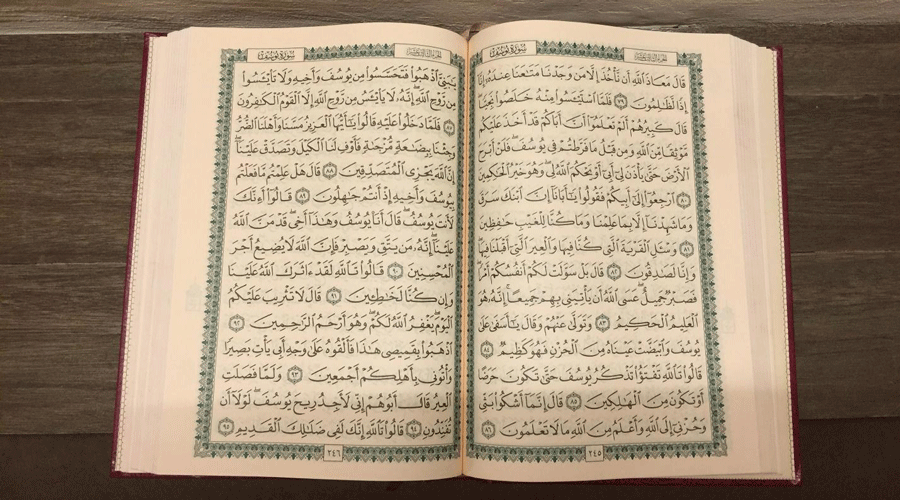On February 2, 1835, Thomas Babington Macaulay had drawn up his famous minute that undermined Indian and Arabic writing and education and glorified Western knowledge, claiming “a single shelf of a good European library was worth the whole native literature of India and Arabia”. On March 7, Governor-General Bentinck, a Utilitarian like Macaulay, passed a resolution that gave official status to Macaulay’s observations.
The resolution cut off funds for promotion of learning in Oriental languages and arts and advocated English. Thus paved the way for the supremacy of English in India.
The resolution said: “…the great object of the British Government ought to be the promotion of European literature and science among the natives of India; and that all the funds appropriated for the purpose of education would be best employed on English education alone.”
